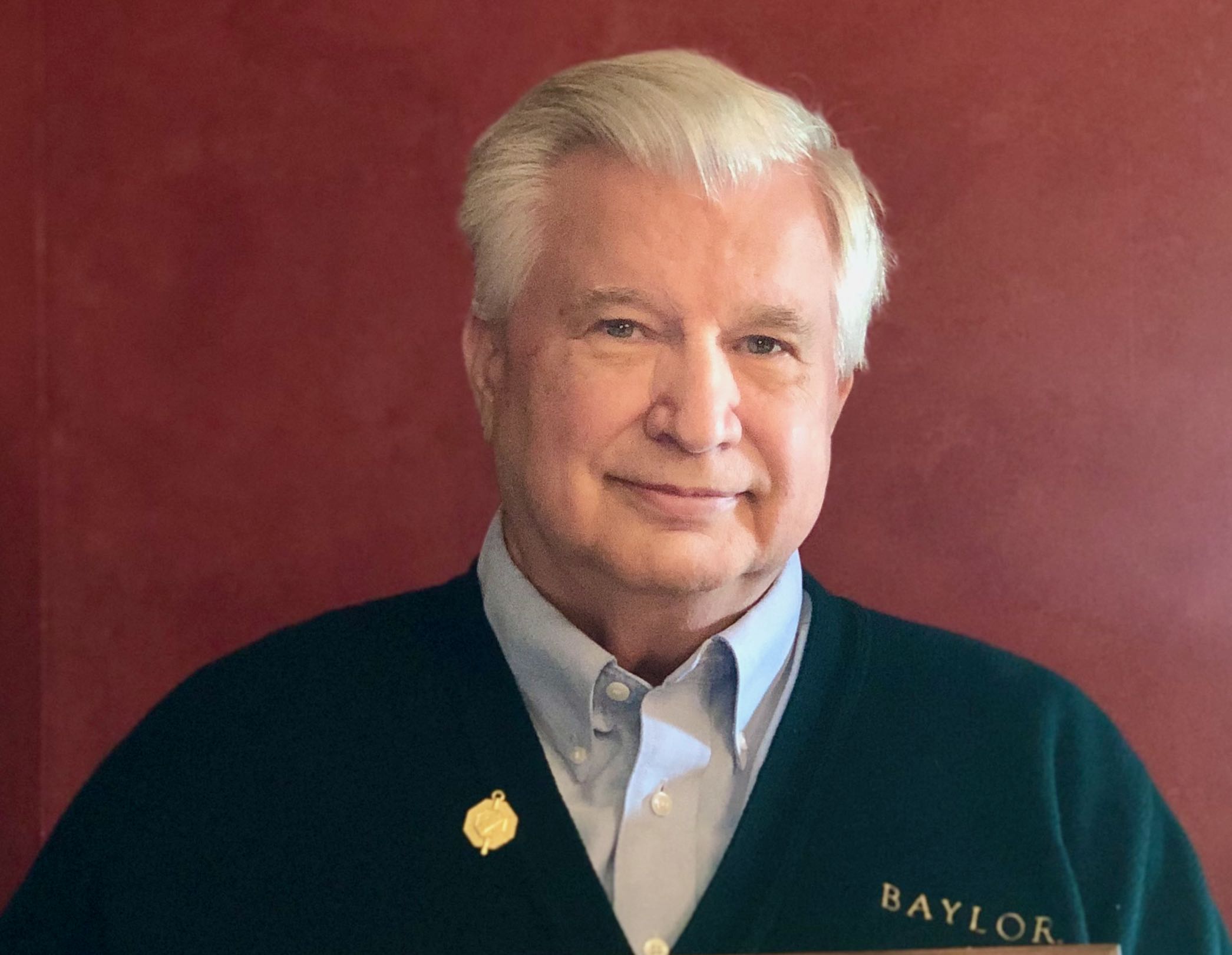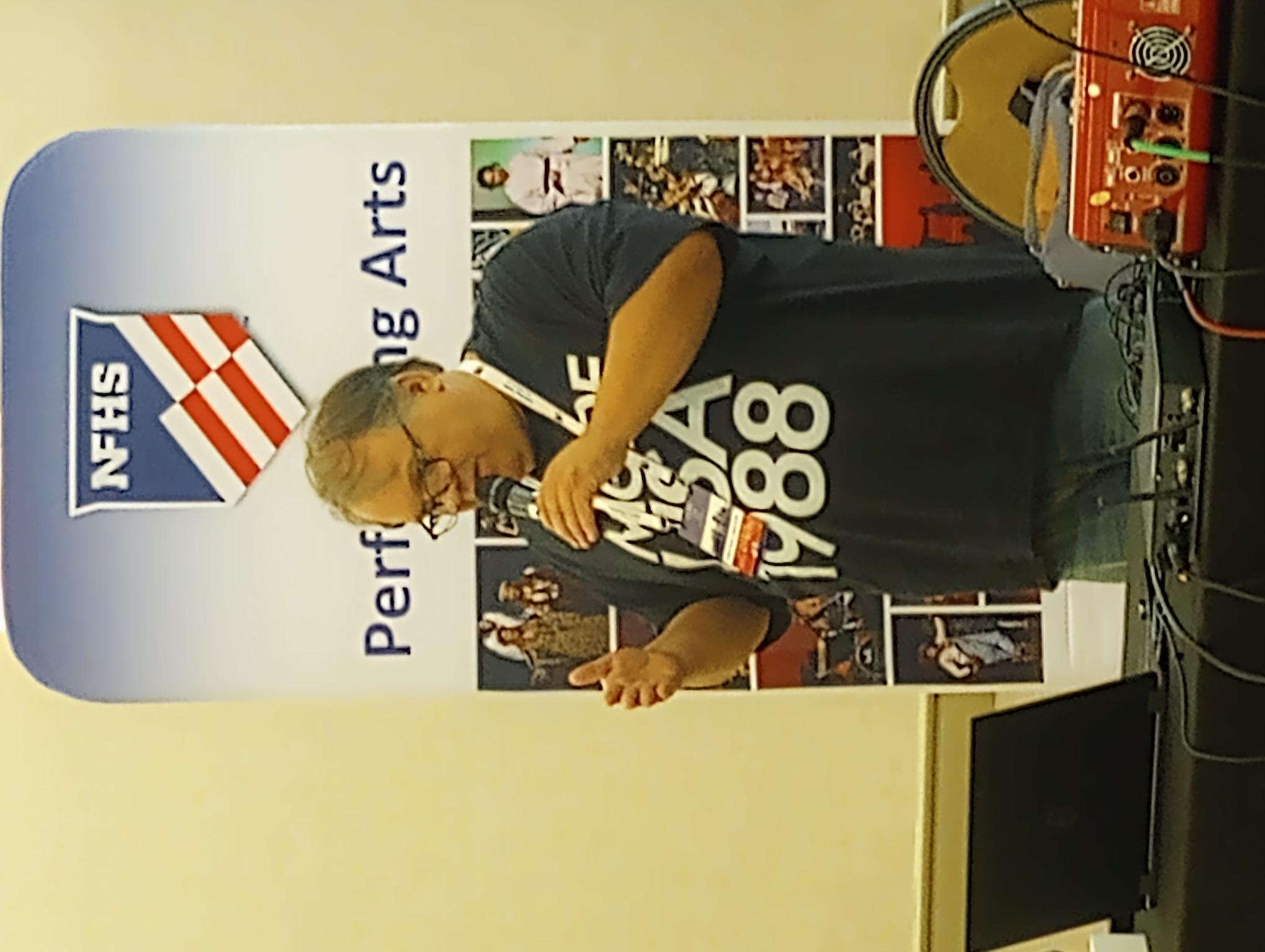Recent Speech & Debate Site News & Updates
Page 1 of 7 pages 1 2 3 > Last ›
UIL MS Debate
Do you have middle school students that want to learn about argumentation and debate?
Would you like to get a feeder program for CX Debate started in your middle school that could strengthen your high school program?
Are you interested in providing debate competition at your middle school invitational or district meet?
See the resources designed especially for UIL Middle School CX Debate!
An Overview of the Fall 2024 Lincoln Douglas Debate Resolution
Whether we reside in rural or urban areas, the necessity for food is universal, making the Fall UIL topic a crucial exploration of American agricultural practices and their effects on both human and animal welfare. This topic invites a values-based analysis, encompassing environmental justice, the ethical provision of food, the protection of quality of life, and animal rights, among others. A fundamental step in addressing this topic is to define “agroecology.” According to the Soil Association, a UK-based organization advocating for alternatives to industrial farming, “Agroecology is an umbrella term that covers lots of agricultural practices that you may be more familiar with, like organic, biodynamic or permaculture. Organic farming is a form of agroecological farming. All organic farmers are required to meet a strict set of standards. These standards guarantee higher animal welfare, fewer pesticides and antibiotics and no GMOs [genetically-modified organisms]. Organic practices also support more jobs on farms, healthy soil and more on-farm” (https://www.soilassociation.org/causes-campaigns/a-ten-year-transition-to-agroecology/what-is-agroecology/). Therefore, affirmative cases are likely to emphasize the health benefits of rejecting GMOs, the promotion of animal welfare by opposing confined animal feeding operations (CAFOs), or environmental protection through the reduced use of pesticides and herbicides. Conversely, negative cases may argue that industrialized agriculture is essential for feeding a growing global population, that intensive farming methods protect the environment by producing more food on less land, or that well-regulated CAFOs can effectively balance animal welfare with minimal environmental disruption.
Fall 2024 LD Debate Topic
The 2024 Fall Lincoln Douglas topic is now posted.
Speech State Tournament Information
The UIL Speech State Tournament webpage is open. Coaches who have contestants competing in the Region Meet will want to review it now, in the event your student qualifies for the State tournament due to the quick turnaround of state required forms. The deadline for schools to submit their LD debate judge and Prose/Poetry Documentation along with other tournament forms is Tuesday, April 30. Click here. Or use the quick link at the top of this page.
Managing Your District Meet: For CX Meet Directors
Spring 2024 LD Debate Topic
January – May 2024 UIL Lincoln Douglas Debate Spring Topic now posted.
Resolved: On balance, the use of artificial intelligence in art, music, and literature is undesirable.
 New breakthroughs in artificial intelligence are changing everything around us, including in the creative arts. The question raised by the Spring 2024 UIL Lincoln-Douglas debate topic is whether these changes are good or bad. Critics see many negative results: replacing human creativity with cheap imitations lacking soul or any understanding of the human experience; putting creative artists out of work; and lack of accountability for algorithmically stealing from the body of work done by great artists, musicians, and writers. Many of these issues were at the heart of the recent writers’ strike in Hollywood. But there are also many defenders who see AI as a tool that can be used to enhance human creativity. Creative artists who are embracing AI find that it makes their work more productive in several ways: it can automate mundane functions, promote brainstorming and help push through “writer’s block,” and serve as a research assistant. Ironically, the use of AI in the creative arts may actually increase the value – both artistically and financially – of works preserving the human touch. The 2024 Spring UIL Lincoln-Douglas topic offers an opportunity for debaters to explore these timely issues.
New breakthroughs in artificial intelligence are changing everything around us, including in the creative arts. The question raised by the Spring 2024 UIL Lincoln-Douglas debate topic is whether these changes are good or bad. Critics see many negative results: replacing human creativity with cheap imitations lacking soul or any understanding of the human experience; putting creative artists out of work; and lack of accountability for algorithmically stealing from the body of work done by great artists, musicians, and writers. Many of these issues were at the heart of the recent writers’ strike in Hollywood. But there are also many defenders who see AI as a tool that can be used to enhance human creativity. Creative artists who are embracing AI find that it makes their work more productive in several ways: it can automate mundane functions, promote brainstorming and help push through “writer’s block,” and serve as a research assistant. Ironically, the use of AI in the creative arts may actually increase the value – both artistically and financially – of works preserving the human touch. The 2024 Spring UIL Lincoln-Douglas topic offers an opportunity for debaters to explore these timely issues.
Rich Edwards, Ph.D.
Professor of Communication
Baylor University
CX Speechwire Registration
Registration for CX in Speechwire is now open.
State Congressional Legislation
Legislation for all conferences is now posted.
CX Debate Topic Vote
Your Vote Counts!
Each year, Texas UIL is actively involved in the policy debate topic selection process, sponsoring two debate coaches to the national deliberations, along with Jana Riggins, State Debate Director and voting delegate. The three-day meeting focuses on choosing timely, accessible, and student-centered topics and rotates to major cities around the nation. This year’s meeting was held in Portland, Oregon.
Jennifer Adams, Big Spring HS, and Dr. Rich Edwards, UIL debate consultant from Baylor University, had vital roles on the Resolution Wording Committee. Dr. Edwards served as Chair, leading the discussion over sixteen topics considered for the 2024-25 school debate season. After a year of research in preparing study reports, UIL coaches Clint Adams, Big Spring HS, and Preston Stotle from San Antonio Churchill adeptly defended their potential topics before seventy-plus attendees. Ultimately, both authors had their topics advance successfully through the voting process, placing Arctic Policy (Adams) Agricultural Subsidies and Intellectual Property Rights (Stotle) among the top five topics on the national ballot.
Each author was invited by UIL to share with Texas coaches why their topic is a valid resolution for schools across the nation to debate in 2024-25. See Arctic Policy below. Texas coaches are encouraged to participate in the national voting process. The first round of balloting is taking place now. Click here to access the ballot that must be submitted to the UIL State Office no later than noon October 10.
Arctic Policy - Clint Adams

The idiom “out of sight, out of mind” originated in the 1500s, and it’s one we all still use to this day. For many citizens of the United States, nothing is more “ out of sight, out of mind ” than the Arctic. Americans remain divided about whether the U.S. is an Arctic nation with Arctic interests, and some are confused about what exists in the Arctic. However, with its purchase of Alaska in 1867, the United States became an Arctic nation; yet, the Arctic has seldom figured prominently in US domestic policy.
It is my firm belief that policy debate topics tend to drive future real-world policy, so policy debaters have a unique position to be able to help focus an Arctic Policy. The high school policy debate topic has not directly dealt with the Arctic before and it would be new and unique ground for debaters to explore. The topic encompasses subjects such as potential conflict, the environment, geopolitical situations, political cooperation, indigenous rights, and resource extraction, among many others.
In researching this topic, I found that the Arctic was more than just saving the polar bears. The Arctic is a diverse ecosystem that is rapidly changing and action needs to be taken now. Instead of being “out of sight, out of mind,” choosing the Arctic as the 2024-2025 Policy Debate topic would put the Arctic front and center.






